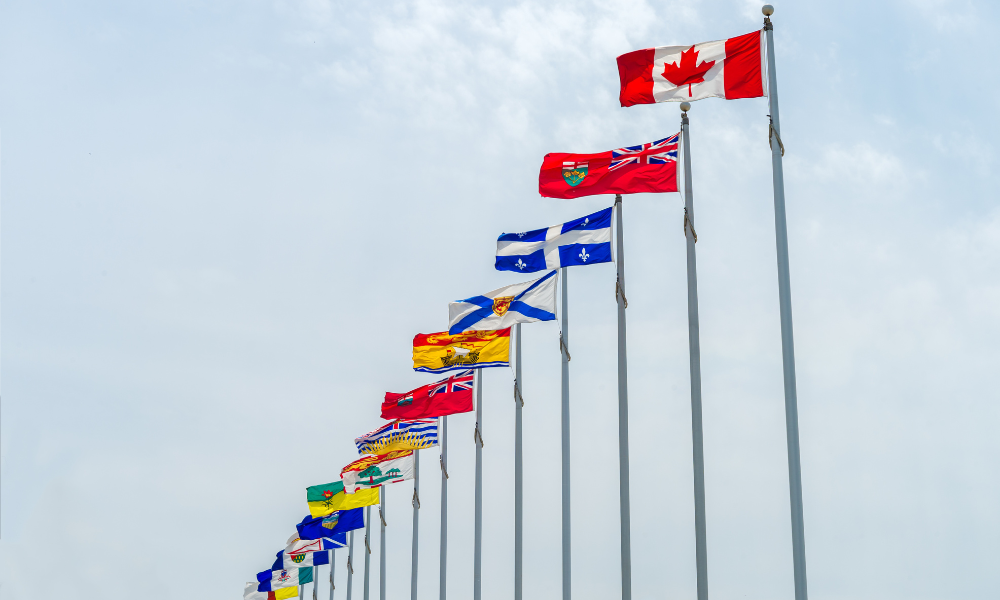As technology rapidly evolves, legal systems are working to keep pace. In our Special Edition on Technology, we profile Canada’s top-ranked technology lawyers, based on the latest Lexpert survey, and explore the shifting legal terrain surrounding AI, cross-border deals and data privacy. These lawyers are not only responding to change but helping define how businesses move forward in a digital-first world.
AI and copyright: balancing innovation and ownership
Few issues are drawing more legal scrutiny than the use of copyrighted material to train artificial intelligence systems. The rise of generative AI has sparked a wave of lawsuits, with plaintiffs questioning whether scraping data from news sites, legal databases or artistic works crosses a legal line.
While Canadian courts haven’t ruled on whether AI systems can rely on fair dealing exemptions, the conversation is well underway. Legal experts point out that companies are increasingly treating their datasets as proprietary assets. At the core is a tension between technological progress and intellectual property.
“Do we as a society promote this kind of internet scraping so that our AI tools are as powerful as possible, or do we elevate the rights of creators of original content so that creators have a say in how their content is being used or accessed in the service of these AI models?” asks Nathaniel Lipkus of Osler, Hoskin & Harcourt LLP.
Tech M&A: strategic deals amid global volatility
The M&A landscape for tech companies remains active, but the climate is cautious. US tariffs, fluctuating interest rates and political instability are forcing buyers and sellers to re-evaluate their positions.
Lawyers report that while hardware-heavy firms are under greater scrutiny, software and AI businesses remain highly sought after. Deal structures are evolving, with earnouts and deferred payments commonly used to balance risk and reward. Despite uncertainty, long-term optimism persists.
“M&A decision-makers, for the most part, feel that the trade war may create a difficult sort of environment, but that it is temporary – they are optimistic it will blow over,” says Andrea Johnson of Dentons.
Data breach class actions: legal gaps and forum shopping
Data privacy litigation is evolving unevenly across Canada. In provinces like British Columbia, Quebec and Newfoundland and Labrador, class actions over data breaches are easier to certify thanks to general privacy statutes. These laws often eliminate the need to show harm, making them more plaintiff-friendly.
Ontario and Alberta have gone in the opposite direction, with recent court decisions narrowing the circumstances under which companies can be held liable. As a result, plaintiffs are shifting claims to more favourable jurisdictions and experimenting with new legal theories, such as data misuse and loss of value.
“We are seeing class actions filed in [British Columbia, Manitoba, Saskatchewan, Quebec and Newfoundland and Labrador] because there is an easier bar to hurdle to file a class action without actually knowing or being able to show… damages,” says Daniel Glover of McCarthy Tétrault LLP.
Legal strategy at the edge of innovation
From AI copyright battles to trade-driven M&A and fragmented data privacy enforcement, Canada’s top tech lawyers are navigating unprecedented complexity. This edition features the practitioners helping clients confront legal risks while capitalizing on opportunity. As the tech sector continues to reshape the business world, these lawyers remain vital partners in defining what comes next.




